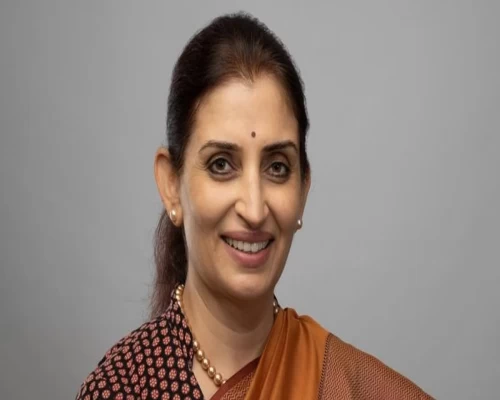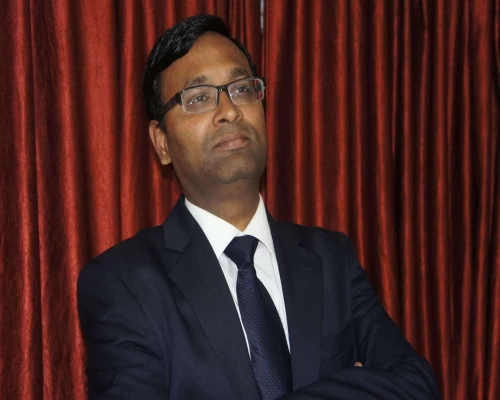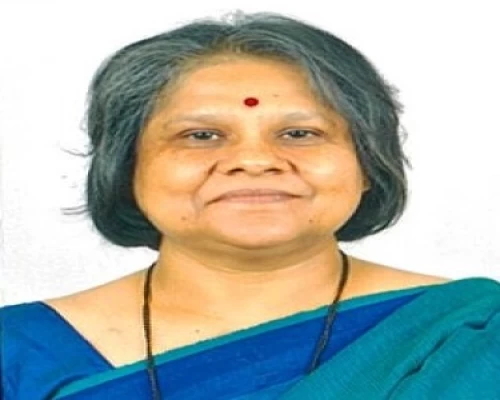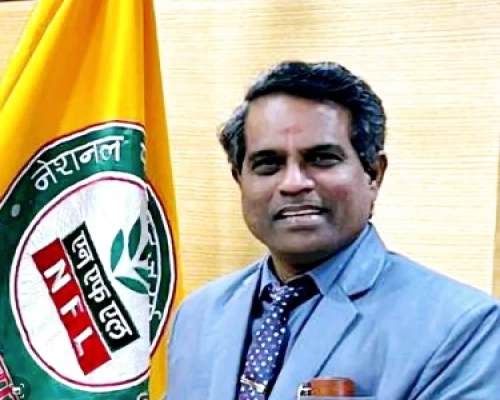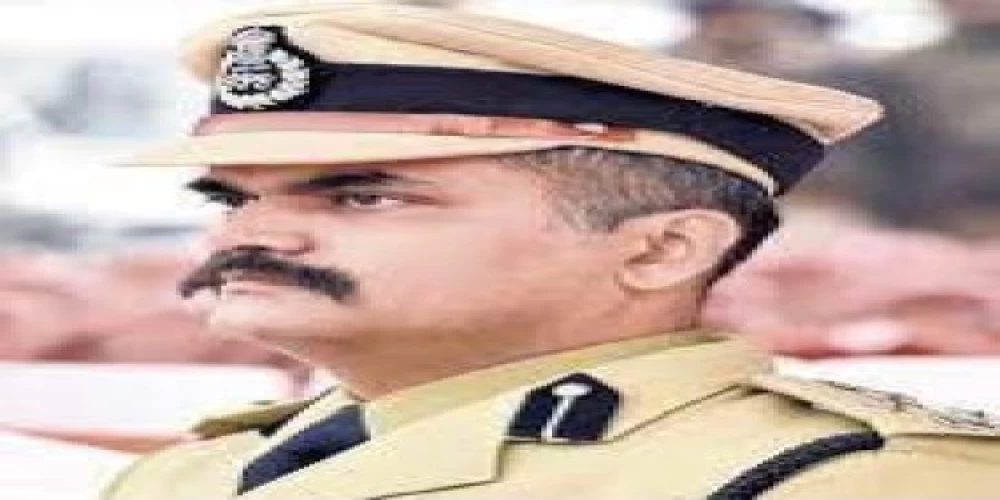
Patna: Vikas Vaibhav, a 2003 batch IPS officer with an IIT background, loves to interact with youth and explore the unexplored heritage archaeological heritage sites. From the NIA’s Special Investigations team to tame Bahubalis, Naxalites, crime mafias and dacoits of Chambal to hoisting the Indian National Flag at the Rohtas Fort, his career has been inspiring. His pro-people commitment, resolute honesty and unshakable professional integrity have always won him the hearts of people wherever he served. In an exclusive interview with Naina Jha and Jitendra Raj of Bureaucrats India, he shares his passion for writing, blogs, 'Silent Pages' and his new campaign – ‘Let’s Inspire Bihar.’ Read on...
How has been your journey in bureaucracy so far?
It has been satisfying so far. I am very satisfied with the work I have done till date. I have been able to serve the people and fulfill the motto with which I joined this service.
When did you realise that you wanted to join the Civil Services and what all did you do to reach there?
It was my childhood dream to join Civil Services. I was in Samastipur and studying in Class VII. There is a place called Panḍav Asthan. The people found some ancient historical remains and everyone was taking whatever they wanted. I was wondering how I could stop this. The then District Collector took action against those people. That day I realized how powerful a District Collector is. And I decided to join this service.
However this dream got even more strengthened when I was in IIT. The condition of law and order, education was very depressive. That is when I thought bureaucracy can be the best way to bring change and can contribute to social change. When I was in my last year at IIT, I started preparing for the Civil Services. I got success in my first attempt.
How easy or difficult was it to adapt to the Civil Services? How did you reorient yourself?
Since the Civil Services exam is tough, patience plays an important role. It helps you to face situations that are beyond your control but at the same time it keeps you going. The training after you are selected is such that it prepares you for tough times. However, the real challenge comes when you are on field and have to deal with all kinds of issues and people.
What are some of your achievements as a government servant which you would like to share with us?
There are many small achievements but the biggest one was to put an end to crime in Bagha. It was known as Mini Chambal and kidnapping was very common then. We put an end to those crimes. Similarly in Rohtas district, even police used to be scared of extremists and there even the national flag was not hoisted anywhere. Black flags used to be hoisted on the occasions of national festivals.
When I joined, the first thing I did was to talk to the people and win their trust. It was the result of equal participation of people and police that the Lok Sabha election was held there for the first time in 2009 and since then our national flag has been hoisted there. And later on extremists surrendered themselves. Rohtas is today free of crime. Where police or people were afraid to go, today tourists are going in Rohtas. Also when I was in NIA, I got an opportunity to investigate Indian Mujahidin and there I learnt a lot.
What aspect of your job do you enjoy the most? As a bureaucrat, you have enormous opportunities to serve the people through effective implementation. How has been your experience on this count so far?
When you are able to help someone as a bureaucrat when he or she has almost lost hope, then that gives you real satisfaction. As I said earlier, I have joined this service to serve the people. As an SP, I always tried to be available for people physically and on the phone round the clock as much as possible. Even as a ḌIG, I tried to bring initiatives through which the process hearing of cases became easy and simple.
Help us to understand how intricate it is to work for the government - given the enormity of the task at hand as well as expectations from a Civil Servant?
Since workload is too much, stress is also there. But if you are clear in what you want to do, then you will be able to work. If you aim to bring interventions which can bring positive change in society, then it makes things work for both police and people.
Technology has played a key role in enhancing transparency and efficiency in governance. Do you think futuristic technologies including Artificial Intelligence will continue to play an equally significant role in executing government welfare programs?
We can’t improve policing without the intervention of technology. Wherever I was posted, I always tried to incorporate technology, be it in investigation of cases or police patrolling. It has enabled us to work more efficiently. And the intervention will increase in the days to come.
Would you like to share any experience on use of technology in governance?
When I was posted as City SP, Paṭna, there were too many cases of car theft. Only five per cent of stolen cars used to be recovered. The rest 95 per cent of people were seen making rounds of the police stations so that the final report of the car theft is sent to court and they can get the insurance benefit. To simplify this, I asked all officers to submit a case report of car theft if police are unable to trace the car within 45 days. If they fail to do so, their salaries were not credited on time. We maintained an excel sheet of all cases and if after 45 days the report was not submitted, the salary was not credited to the concerned IO. The moment he submitted the report, the salary was released. We started monitoring such things through excel sheets and results were positive.
What are the lesser known facts about bureaucracy in India?
People think that bureaucracy is different. They always complain that there should be a change in the bureaucratic system. However, they should also understand that the people in bureaucracy are from the same society. They must also think about what all changes should be made in society. So we need to change as a society to see positive change in bureaucracy. I am running a campaign called ‘Let’s Inspire Bihar’ where we are working towards bringing positive change in society through youth.
Do you feel the people have a lot of expectations from Civil Servants?
If the bureaucrat is honest and his intentions are to bring a positive change, half of the problem is solved. Because then you are able to fulfil people’s expectations and will have their trust. One also needs to work on capacity building.
Share your fondest memory as a Civil Servant.
My fondest memory is, of course, conducting elections in Rohtas for the first time. Before that, when the District Administration tried to conduct elections, extremists blew one jeep of BSF jawans. The day was 15th April, 2009. We conducted elections in the month of May. More than half of the population voted. When we returned, it was satisfying. We felt that we had freed the district from extremists.
What are your hobbies and do you get time to pursue your hobbies?
I was always interested in history. I have been writing about it for a long time. And this service gave me the opportunity to visit various places. And I found there are many things which are being forgotten. Soni started a blog ‘Silent Pages’ in 2013 where I started documenting about those historical remnants. Apart from this, I like interacting with youth and helping them understand their dreams and pursue them. Currently, I am running a campaign – ‘Let’s Inspire Bihar’ – where we can involve youth to make our present better and ensure that our future is bright.
How did this idea come to your mind?
It has always been my dream to work for the betterment of Bihar. I wanted to instill this feeling among youth of the state so that Bihar’s future is bright and is in safe hands.
What is the best compliment that you get from people while serving?
When I heard the people have named a ‘Chowk’ after my name in 2017, I was touched. It has been nine years since I left Bagha but people still remember me, which is something I still cherish.
Last but not the least, a message for aspiring Civil Servants!
Each one of you has capability. You just have to know them and do hard work to achieve your dream. Also if you have patience and determination, you will certainly succeed.




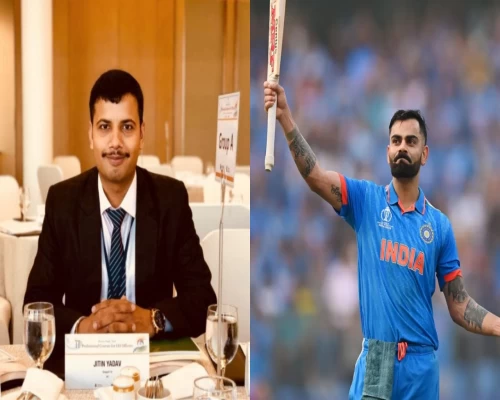
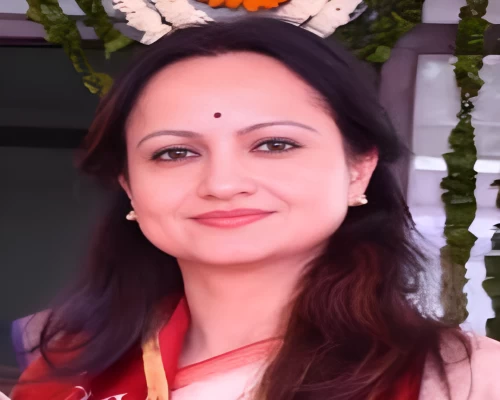
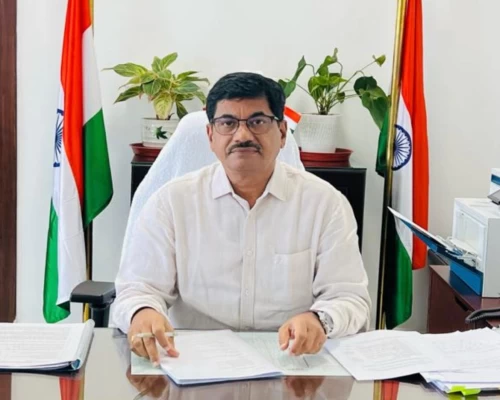
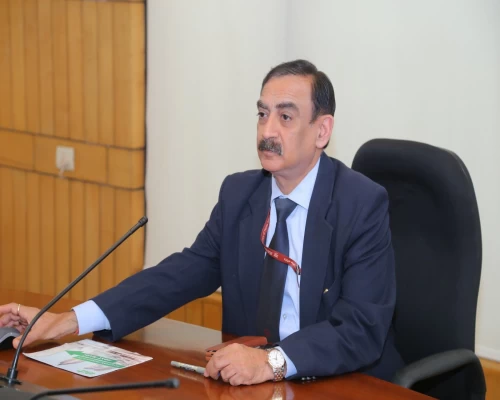
_500_x_400.webp)
